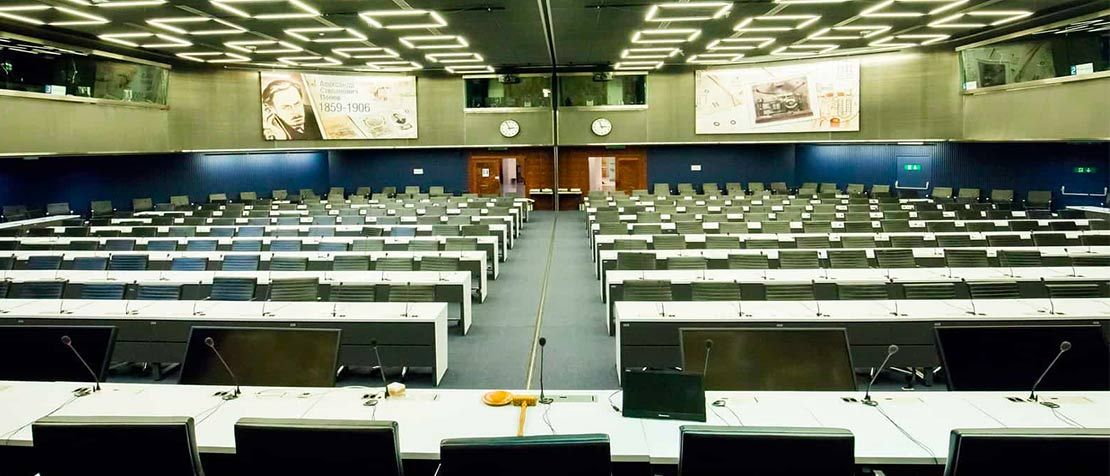
International standardization in virtual space: ITU’s decisive response to COVID-19
ITU standards provide the technical foundations of the global ICT ecosystem, binding together the rich diversity of ICT networks, devices and services that have become so essential to business and daily life.
These standards are developed iteration by iteration, consensus decision by consensus decision, propelled by the contributions and associated debates of the diverse ITU membership.
COVID-19 has called for this highly collaborative process to move entirely into the virtual sphere.
This transition has demanded rapid behavioural change and ITU members have embraced this change with impressive resolve.
I have been proud to see ITU members working hand in hand with the staff of the ITU secretariat to master new ways of working based on expert command of ITU’s advanced electronic working facilities.
We have built confidence in our ability to meet our targets for 2020.
Navigating a complex transition at very high speed
ITU standards are developed year-round, but this development comes to a crucial juncture at meetings of ITU-T study groups, where negotiations aim to reach consensus on the final composition of nascent ITU standards, the penultimate step before standards’ final approval.
These decision-making meetings can host up to 400 delegates and progress hundreds more working documents over the course of deliberations that typically span two weeks.
The transition to a fully virtual working environment has involved five such meetings.
The ongoing virtual meeting of ITU-T Study Group 3 (Economic and policy issues) follows a virtual ITU-T Study Group 17 (Security), and virtual tools played a very large part in the preceding meetings of ITU-T Study Groups 15 (Transport, access and home), 13 (Future networks and cloud) and 11 (Protocols and test specifications).
ITU members are making full use of the personalized MyWorkspace platform, a mobile-optimized platform providing access to virtual meeting facilities, directories of ITU standards experts, machine translation services, and tools to customize subscriptions to ITU mailing lists and alerts concerning working documents and meeting schedules.
RELATED: Catch up on the latest episode of the ‘AI for Good’ webinar series
We have gained valuable experience along the way.
We are refining our tools and services with the help of a continuous feedback loop between ITU members and secretariat staff. And, most importantly, we are developing a strong understanding of the behaviours that best position these tools for success.
We are working together across very different time zones and without the visual cues present in a meeting room, but we have succeeded in maintaining the respect for due process that has enabled the ITU standardization platform to earn the trust of ICT innovators worldwide.
Meeting the standardization demands of 2020 and beyond
2020 is an important milestone for the ICT industry and equally important milestone for ITU standardization.
Ten years remain to achieve the United Nations Sustainable Development Goals, and ICTs are expected to provide an enabling platform for the considerable innovation required to achieve these goals.
2020 will welcome the beginning of the 5G era. The Internet of Things is maturing, stimulating efforts to build Smart Sustainable Cities. And we see great optimism surrounding Artificial Intelligence and Machine Learning.
ITU members are concluding major standardization projects and looking to the future of ITU standardization in their preparations for the upcoming ITU World Telecommunication Standardization Assembly 2020 (WTSA-20) in Hyderabad, India, 17-27 November 2020.
WTSA is held every four years to refine the strategy and structure of ITU standardization. It is a key opportunity for ITU members to ensure that ITU remains well positioned to serve emerging standardization demands.
The response to COVID-19 has offered yet more evidence of the enduring importance of ITU’s work to connect the world, and yet more evidence of ITU members’ dedication to this work.
I would like to applaud ITU members for their perseverance through this difficult time. This perseverance is certain to make a defining contribution to an influential WTSA-20.
